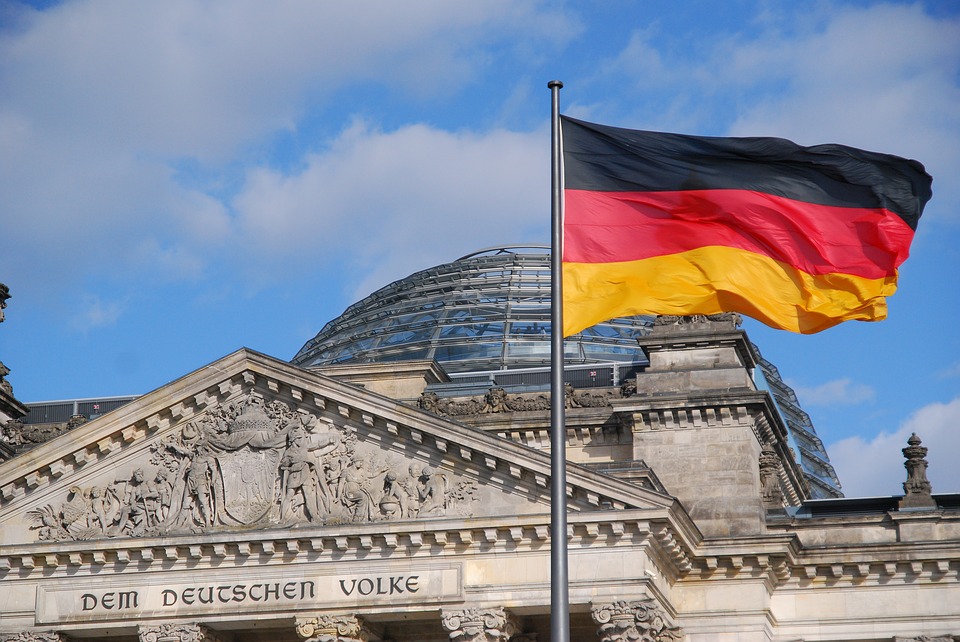Journalists from several German news outlets have determined that the oil imported from Kazakhstan, which may in fact come from Russia, received preferential treatment at the German border. Apparently it is not being tested, which speeds up the customs control. Meanwhile, the Customs Service admits that such a procedure may be used to circumvent sanctions.
„Russia’s Rosneft Deutschland GmbH imports hundreds of thousands of tons of oil, reportedly from Kazakhstan. However, there are doubts about its origin. According to the findings of the GDR, WDR and Suddeutsche Zeitung, customs officers were instructed to let these deliveries through as quickly as possible,” the Tagesschau has reported.
„Insiders describe a letter, which reached the main customs offices in Berlin and Frankfurt am Oder in early September, as <incredible, to put it mildly>. The General Directorate of the Customs Service clearly tells subordinates what is expected of them, namely that there should be <no more delays> regarding the future oil supplies to Rosneft Deutschland,” the article continued.
The Schwedt refinery, where 54 percent of shares is owned by Rosneft Deutschland, is under the trusteeship of the German government. This means that the property still belongs to the Russians despite the invasion of Ukraine, but the decisions are made by Berlin. Germany began to buy oil from Kazakhstan using the Friendship Pipeline through Russia, causing controversy in Poland. BiznesAlert.pl has learned that according to the Poles, the chemical properties of the oil described as „from the fields of Kazakhstan” are analogous to the Russian REBCO mixture, and therefore different from the Kazakh KEBCO blend as tested, for example, at the naftoport in Gdańsk.
The letter urges customs officials to send oil across the border without laboratory testing „as soon as possible.” „This means that Rosneft Deutschland and the Schwedt refinery (PCK) can import oil into Germany without it being tested by the customs. That in itself would not be unusual. However, in the case of Rosneft Deutschland, which is managed by the board of trustees, the story is different,” the Tagesschau journalists wrote.
Before the invasion of Ukraine the Schwedt refinery received all of its oil from Russia. Currently, it reduces this dependence thanks to supplies from Kazakhstan via the Friendship Oil Pipeline and sea imports through oil ports in Poland and Germany. However, deliveries from Kazakhstan should not, according to the authors of the findings, receive preferential treatment at the border. „The Criminal Investigation Bureau of the Customs Service (ZKA) sees in its own guidelines a high risk that such transactions can be used to evade sanctions against Russia,” the journalists claimed. Tagesschau refers to the findings made by BiznesAlert.pl on the chemical characteristics of the mixture from Kazakhstan.
The journalists in charge of the investigation go further. It turns out that the Kazakh oil field, from which oil is supposed to come for Schwedt, is partly owned by Lukoil. The Ministry of Economy of Germany did not respond to questions from the journalists on this matter. Matthias Hauer of the Bundestag’s Finance Committee and the CDU party is demanding full transparency on the matter. In his opinion, there will always be ways to circumvent sanctions against Russia. „That is why it is crucial not to abandon the implementation of sanctions and to effectively monitor compliance,” he said, referring to the Friendship Oil Pipeline. The supply via the northern section of the pipe has been encompassed by the sanctions regime, but only when it comes to oil from Russia.
Tagesschau / Wojciech Jakóbik









